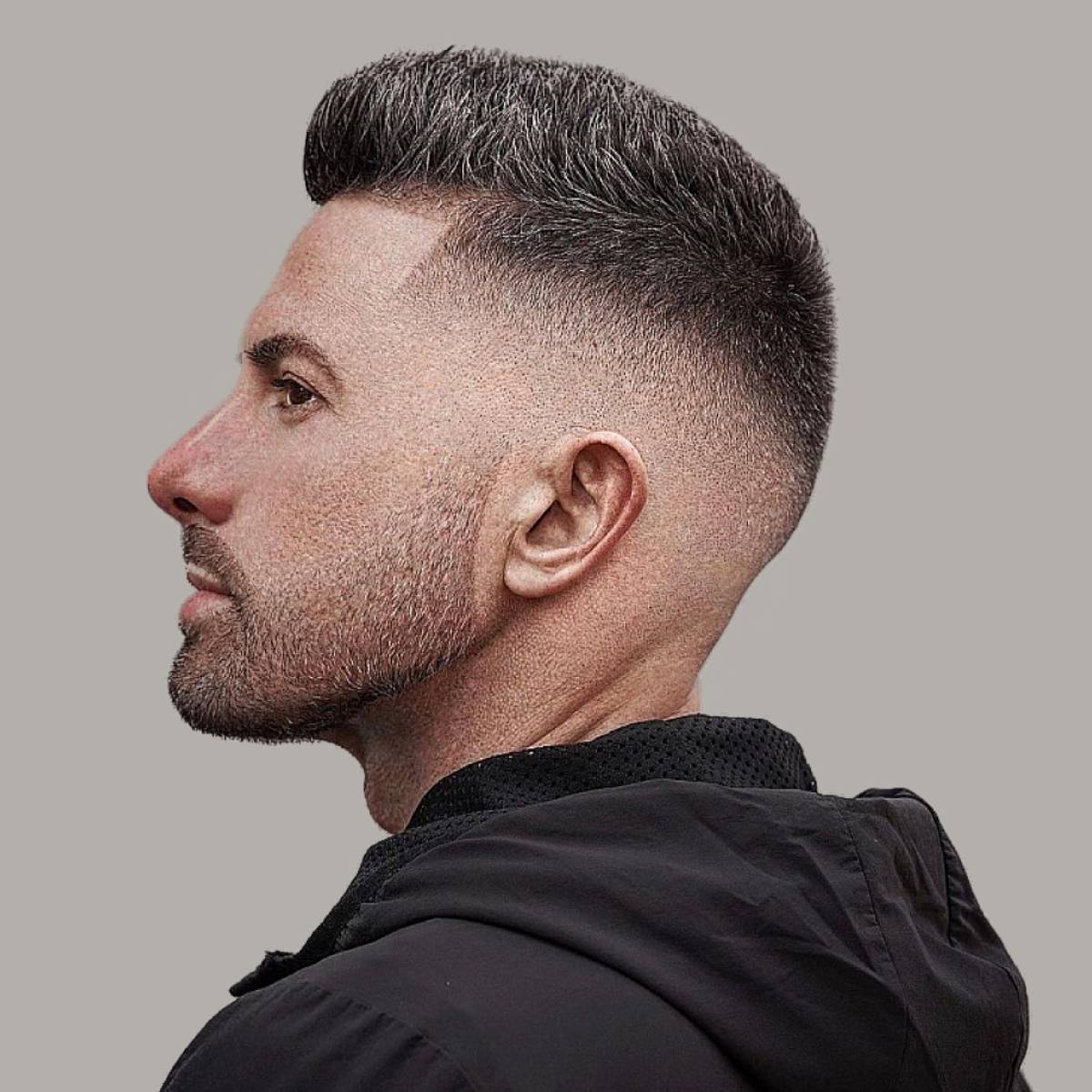Are you curious about who cleans your teeth at the dentist? Most people have had their teeth cleaned at some point in their lives, but few actually know who is responsible for this important task. In this article, we will explore the role of the dental hygienist and the dentist in cleaning teeth, and why it is crucial for maintaining good oral health.
When it comes to dental cleanings, many people dread the experience. The scraping, poking, and prodding can be uncomfortable and even painful at times. However, these discomforts are necessary to remove plaque, tartar, and stains from your teeth. The dental team's goal is to provide a thorough cleaning while ensuring your comfort throughout the process.
The dental hygienist is primarily responsible for cleaning your teeth. They are highly trained professionals who specialize in preventive dental care. Their main task is to remove plaque and tartar buildup, perform a thorough oral examination, and provide education on oral hygiene practices. The dentist, on the other hand, oversees the hygienist's work, examines your teeth and gums, and addresses any dental concerns or issues that may arise.
In summary, the dental hygienist is the one who performs the actual cleaning of your teeth, while the dentist supervises and provides additional dental care as needed. Together, they form a team dedicated to keeping your teeth and gums healthy.
The Role of the Dental Hygienist
As mentioned earlier, the dental hygienist is responsible for cleaning your teeth. They use specialized tools to remove plaque and tartar from your teeth, including a scaler and a polisher. The scaler is used to scrape away the buildup on your teeth, while the polisher is used to remove any remaining stains and leave your teeth feeling smooth and clean.
During the cleaning process, the hygienist also performs an oral examination to check for any signs of gum disease, cavities, or other dental issues. They may take X-rays to get a closer look at your teeth and jawbone. Additionally, they will provide guidance on proper brushing and flossing techniques, as well as recommend any necessary dental treatments.
It is important to note that dental hygienists are licensed professionals who undergo extensive training to ensure they provide high-quality dental care. They work under the supervision of a dentist to ensure the best possible outcomes for their patients.
The Role of the Dentist
The dentist plays a crucial role in the overall dental cleaning process. They oversee the work of the dental hygienist, examining your teeth and gums to detect any potential issues. If any cavities, gum disease, or other dental problems are identified, the dentist will develop a treatment plan and provide the necessary care.
During your dental cleaning, the dentist may also perform a thorough examination of your oral cavity, including your tongue, cheeks, and throat, to check for any signs of oral cancer or other abnormalities. This comprehensive examination is an important part of maintaining good oral health.
In addition to their role in dental cleanings, dentists are also trained to perform a wide range of dental procedures, including fillings, root canals, extractions, and cosmetic dentistry. They are the experts when it comes to diagnosing and treating dental issues, ensuring that your oral health is in good hands.
Conclusion of Who Cleans Teeth at Dentist
In conclusion, when you go to the dentist for a teeth cleaning, it is the dental hygienist who will perform the actual cleaning, while the dentist oversees the process and provides additional dental care as needed. Both the hygienist and the dentist play crucial roles in ensuring your teeth and gums stay healthy. By scheduling regular dental cleanings and check-ups, you can maintain good oral health and prevent dental problems in the future.
Related Keywords: dental hygienist, dentist, teeth cleaning, oral health, dental care
Frequently Asked Questions
1. How often should I have my teeth cleaned by a dental hygienist?
It is generally recommended to have your teeth cleaned by a dental hygienist every six months. However, the frequency may vary depending on your individual oral health needs. Your dentist will assess your oral health and recommend the appropriate cleaning schedule for you.
2. Does teeth cleaning hurt?
Some people may experience slight discomfort or sensitivity during a teeth cleaning, especially if their teeth are sensitive or there is a significant amount of plaque buildup. However, the dental team will do their best to ensure your comfort throughout the process.
3. Can dental hygienists perform dental procedures?
Dental hygienists are licensed professionals who are trained to perform certain dental procedures, such as teeth cleanings, applying sealants, and administering local anesthesia. However, more complex procedures, such as fillings and extractions, are typically performed by dentists.
4. How can I maintain good oral health between dental cleanings?
To maintain good oral health between dental cleanings, it is important to brush your teeth twice a day with a fluoride toothpaste, floss daily, and rinse with an antimicrobial mouthwash. Additionally, it is recommended to eat a balanced diet, limit sugary snacks and drinks, and avoid smoking or using tobacco products.
Conclusion
When it comes to getting your teeth cleaned at the dentist, the dental hygienist is the one who performs the actual cleaning, while the dentist oversees the process and provides additional dental care. Both the hygienist and the dentist play crucial roles in maintaining your oral health. By scheduling regular dental cleanings and following good oral hygiene practices, you can keep your teeth and gums healthy for years to come.

No comments:
Post a Comment